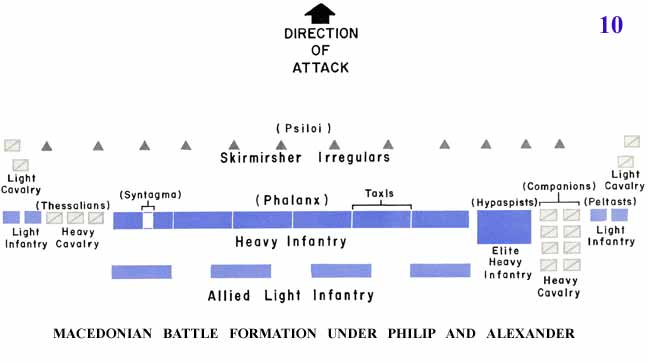This week saw us watch the third and final part of the Games Britannia mini series narrated by Benjamin Woolley. This part was very much based around the rise of video games consoles and the games which were developed in the following years. notably the games which had caused the most outrage. For example games like Carmageddon
which saw the players goal to complete races with bonuses awarded to running over as many people as possible. the game at the time was so controversial that it was censored, replacing humans with zombies and blood with oil slicks. In an attempt to gain attention to the game, the developers sought after an 18 certificate rating from the BBFC, something which wasent needed due to the fact the game included no video. This application however, was blocked and turned down, and it took a further year for the original game to be reinstated with the uncensored version available the public, not before it had gained world wide attention. Another game which to this day still causes people to blame violent video games on real world crimes is that of GTA. GTA was born up in Scotland by devs DMA Design in (Again) 1997, it allowed players to Free roam the map doing missions such as robbing banks and hits on drug barons. DMA took no liberties with the game allowing the player to be involved in reckless murders on police, civilians, car jackings. Not limiting the player as to what they could do was one of the many reasons the game became this hit with gamers, it is this formula that has made every GTA since a big success, and one of the biggest selling games, it is without it critics though, as some believe its just a murder simulator with there being many new additions of GTA 4 such as the ability to drink drive. Many times have RockStar been taken to court over the series from people like lawyer Jack Thompson and groups such as Mothers Against Drunk Driving (MADD) whom have attempted to raise the game age required to play 18+ rather than the 17+ of some of the older games. I don't hold the view that from the actions of a very few amount of people that games such as GTA should be banned, for the 99% of us its just a game to play with your mates and it ends in that..






